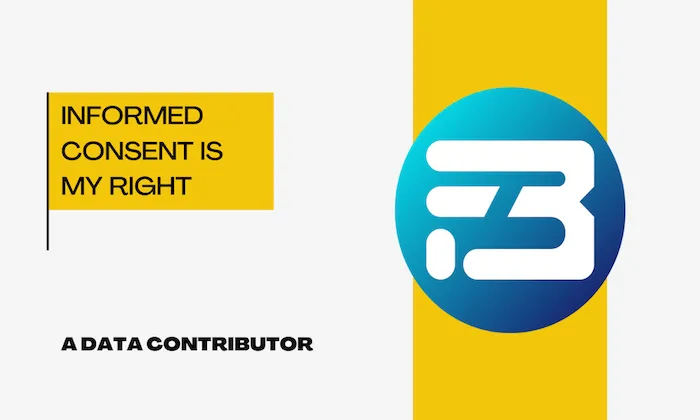How does emotion in voice affect cloning performance?
Voice Cloning
AI Applications
Speech AI
Understanding the role of emotion in voice cloning is pivotal for developing more authentic and engaging voice synthesis technologies. Emotions add a human-like dimension to synthesized voices, making interactions more relatable and enhancing user experience. Here, we delve into how emotion affects voice cloning performance and the critical elements involved in capturing these nuances effectively.
The Significance of Emotional Nuance in Voice Cloning Success
- Emotional Variations: In the realm of voice synthesis technology, emotional nuances are the variations in tone that convey feelings like happiness, sadness, or anger. Capturing these subtleties is essential to produce voices that don't just sound human but also evoke genuine emotional responses.
- Crucial for Applications: This capability is crucial for applications ranging from virtual assistants to storytelling platforms, where emotional resonance can significantly impact user satisfaction.
The Impact of Emotional Expression on User Experience
- Enhanced User Engagement: Voices that express emotion can significantly improve interaction. For instance, an empathetic tone in a virtual assistant can make negative news delivery more palatable, fostering a supportive user experience.
- Contextual Adaptability: Different applications require specific emotional tones. A meditation app benefits from a soothing voice, while an interactive game might need excitement and dynamism. Tailoring emotional expression to context enhances relevance and user immersion.
- Building Trust and Authenticity: Users are more likely to trust and engage with voices that sound emotionally genuine. A voice lacking in emotional depth may come off as robotic, potentially diminishing user trust and application credibility.
Mechanisms Behind Emotion in Voice Cloning
To replicate emotional tones accurately, voice cloning systems rely on comprehensive datasets enriched with emotional expressions. These datasets are the foundation for training models to understand and mimic human speech nuances.
- Diverse Emotional Datasets: High-quality datasets must encompass a broad range of emotions to train effective models. FutureBeeAI supports projects with extensive voice data that captures emotions across different contexts, ensuring richness and variety that enhance cloning performance.
- Quality of Annotations: Accurate emotional tagging in datasets is crucial. Precise annotations enable machine learning models to interpret and replicate emotional cues effectively. At FutureBeeAI, we ensure that emotional states are meticulously tagged to guide robust model training.
- Superior Audio Quality: The clarity of recordings is vital for capturing emotional details. FutureBeeAI ensures studio-grade recordings at 48kHz with 24-bit depth, providing a detailed representation of emotional nuances, which is essential for high-fidelity voice synthesis.
Challenges and Trade-offs in Emotional Voice Cloning
While integrating emotion into voice cloning is beneficial, it presents challenges:
- Complex Emotional Cues: Human emotions are conveyed through subtle changes in pitch, tone, and pace. Capturing these intricacies demands sophisticated models and abundant training data.
- Resource-Intensive Process: Collecting and annotating diverse emotional data requires significant resources. FutureBeeAI's structured data pipelines and global network of contributors help streamline this process efficiently.
- Risk of Misinterpretation: Misaligned emotional expressions from cloned voices can lead to misunderstandings. Continuous refinement of emotional outputs is necessary to align them with intended sentiments.
Common Missteps in Voice Cloning Projects
To avoid pitfalls, it's crucial to consider:
- Emotional Range: Limiting a project to a single emotional tone reduces flexibility. A complete emotional range allows cloned voices to adapt to various scenarios effectively.
- Thorough Testing: Rigorous testing of emotional outputs in real-world scenarios is vital to ensure the cloned voice meets user expectations and performs well across different contexts.
- Cultural Sensitivity: Emotions can vary across cultures. FutureBeeAI's speech datasets account for cultural nuances, enhancing global applicability and user acceptance.
Final Thoughts
Emotion is a critical component of voice cloning that significantly enhances user interaction and satisfaction. Understanding its importance and effectively integrating it into synthetic voices can lead to more human-like and relatable user experiences. FutureBeeAI is committed to offering comprehensive, high-quality datasets that empower teams to achieve superior voice cloning performance. For projects requiring diverse emotional data, our platform can deliver robust datasets tailored to your specific needs.
Smart FAQs
Q. How can diverse emotional datasets improve voice cloning?
A. Diverse emotional datasets provide the foundation for training models to capture and reproduce a wide range of emotions, enhancing the authenticity and engagement of cloned voices.
Q. What steps can be taken to ensure accurate emotional annotations in datasets?
A. Employ trained annotators familiar with emotional nuances, use standardized frameworks, and conduct regular audits to maintain high annotation quality and consistency.
What Else Do People Ask?
Related AI Articles
Browse Matching Datasets
Acquiring high-quality AI datasets has never been easier!!!
Get in touch with our AI data expert now!


-data-collection/thumbnails/card-thumbnail/top-resources-to-gather-speech-data-for-speech-recognition-model-building.webp)





